The Palæstra Philosophy
THE PALÆSTRA REPRESENTS THE SPIRIT OF LIVE INTERACTION AND HUMAN CONTACT AT THE HEART OF ALL LEARNING AND PRACTICE.
In Ancient Greece, no Gymnasium could exist without a Palæstra. The Palæstra was the square courtyard training ground that was built into every Gymnasium. The center was reserved for wrestling and martial arts training, while porticoes along the perimeter provided shade for spectators and philosophical dialogues. Many of Plato's written dialogues take place in a Palæstra and feature Socrates wrestling with students physically before wrestling with them philosophically. In fact, in the original days of Plato's Academy, most sessions were held at the nearby Academy Gymnasium, hinting at the originally integrated approach to academic learning and physical practice.
"Let he who would move the world first move himself"
– Socrates
WHAT IS DIFFERENT ABOUT the PALÆSTRA APPROACH?
Just like learning martial arts or yoga, we believe that learning leadership requires that you “get on the mat.” We came up with a few principles to help you understand what we mean by that:
Tell the Truth. Getting on the mat begins with an open mind: the courage and the humility to speak and to hear the truth – not as any one person's feedback would define it – but simply as a perspective – how they see it – nothing more, nothing less. With awareness of your blind spots, and the willingness to own them, comes the adaptive learning that continuously evolves your game to the next level.
Learn by Doing. Simply put, you don't get better watching other people train. This is the ‘agile’ principle applied to collaborative learning: you have to partner up and practice to see what works in real-time, make your own mistakes, then incrementally improve as you learn from direct experience. Rather than just being a client in the coaching process, peer coaching assures that everyone engages as both leader and coach.
Live Feedback. This means practicing, performing or working together then exchanging perspectives on how you did. It means huddling and course-correcting during a game. It means reflecting with a learning focus after each operation, like the military does, with an After Action Review (AAR). It means playing a game then studying gamefilm so you can see yourself objectively. It means looking in the mirror and making live adjustments. It means asking people how they see you. It may be messy, but it's where the real learning and growth happens on the path to resilience.
Theory in Practice. Rather than only studying leadership theory in an academic context, being on the mat means using everyday tensions - in the organization, between team members, or within yourself - as the professional context for personal growth.
10,000 Hours. You can't learn to play tennis, drive a race car, or draw like Picasso in a weekend seminar. Learning leadership, communication, or coaching is no different. Getting on the mat means committing to lifelong learning on the path to mastery.
You can expect our group sessions to contain a refreshing amount of live feedback - what works and what doesn't work in real-time - with an emphasis on mutual respect and authenticity. You can also expect a lot less front-of-the-room PowerPoint lecturing and a lot more peer coaching practices that utilize real business issues as the live case-study curriculum for both tangible and intangible dimensions of organizational learning and development.
Learn more about the limitations of traditional leadership training:
Why Leadership Training Fails
Learn more about deliberate practice & expert performance:
The Making of an Expert
WHAT IS A DELIBERATELY DEVELOPMENTAL ORGANIZATION (DDO)?
Harvard professors Robert Kegan and Lisa Laskow Lahey define a Deliberately Developmental Organization as a business that sees itself as the essential context for personal growth and employees’ continuous development as the critical ingredient for a company’s success. DDOs are built around the simple but radical conviction that the organization can prosper only if its culture is designed from the ground up to enable ongoing development for all of its people. That is, a company can’t meet ever-greater business aspirations unless its people are constantly growing through doing their work.
What’s it like to work inside such a company? Imagine showing up to work each day knowing that in addition to working on projects, problems, and products, you are continuously working on yourself. Any meeting may be a context in which you are asked to keep making progress on optimizing your strengths while also overcoming your blindspots—ways you are prone to get in your own way and unwittingly limit your effectiveness at work.
To learn more, see The Deliberately Developmental Organization whitepaper or the HBS book An Everyone Culture
Do we actually get on the mat?
Good Question...While "get on the mat" is meant primarily as a metaphor, we also offer specialized embodied leadership training for senior executives that integrates martial arts instruction with somatic coaching. Learn more about how an on-the-mat coaching engagement can provide the rapid-growth, transformational pathway to your next level of leadership development:
Learn more about our training academy and partner:
Integral Martial Arts
"Awareness is the first step. What you do once you're aware - that's leadership"
– Richard Strozzi-Heckler
WHAT KIND OF BACKGROUND DO PALÆSTRA INSTRUCTORS HAVE?
Embodying leadership presence can only come from thousands of hours of practice. Our leadership coaches and consultants have practice-based backgrounds both on and off the mat. Whether through martial arts, yoga, or athletics - coaching, psychotherapy, or leadership development - mindfulness, meditation, or contemplative practice - we value the discipline, humility, and heart that comes from a lifelong commitment to body-mind-spirit cross-training.
"The mind is like a parachute. It works best when it's open."
– Rickson Gracie



